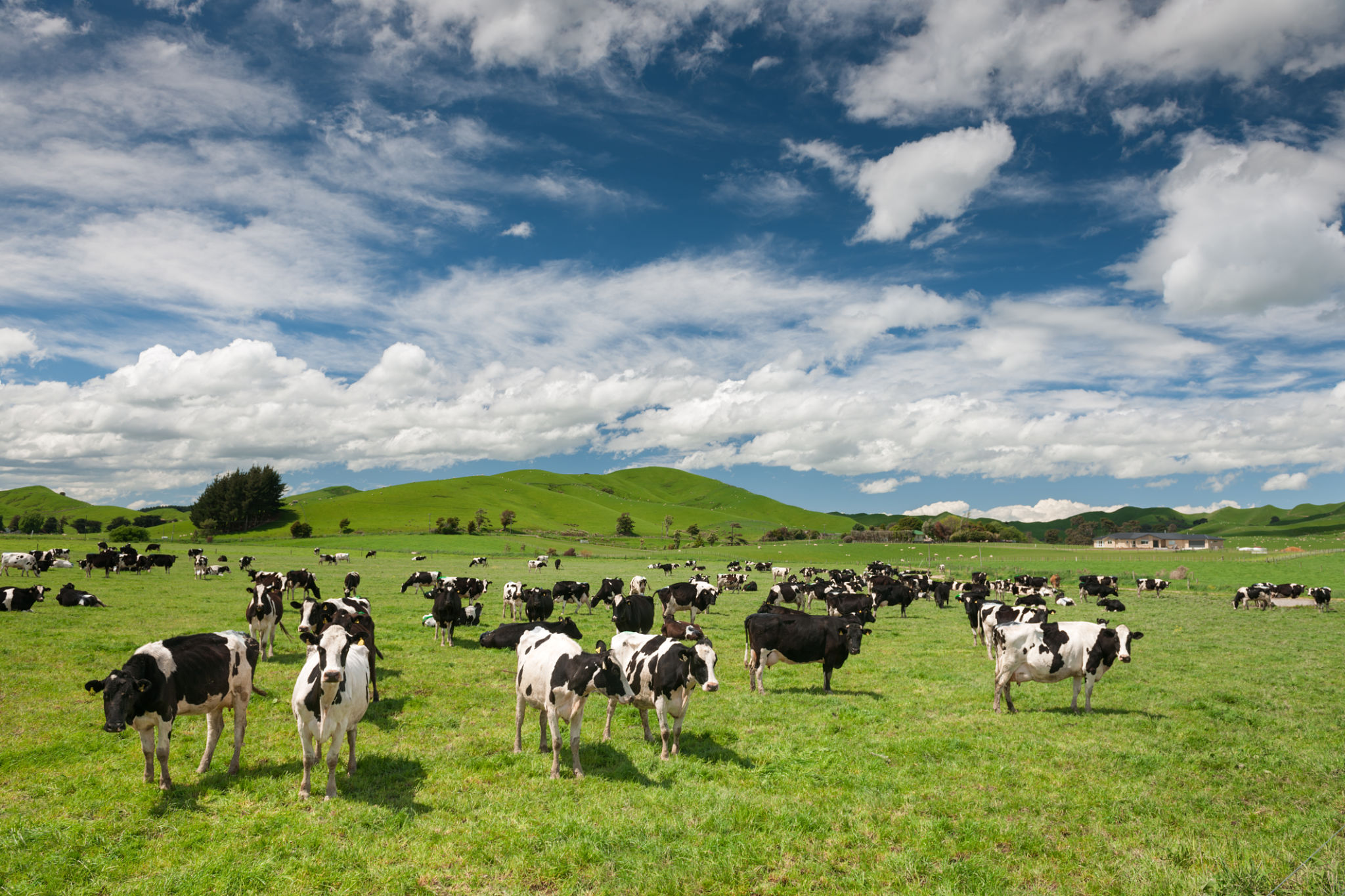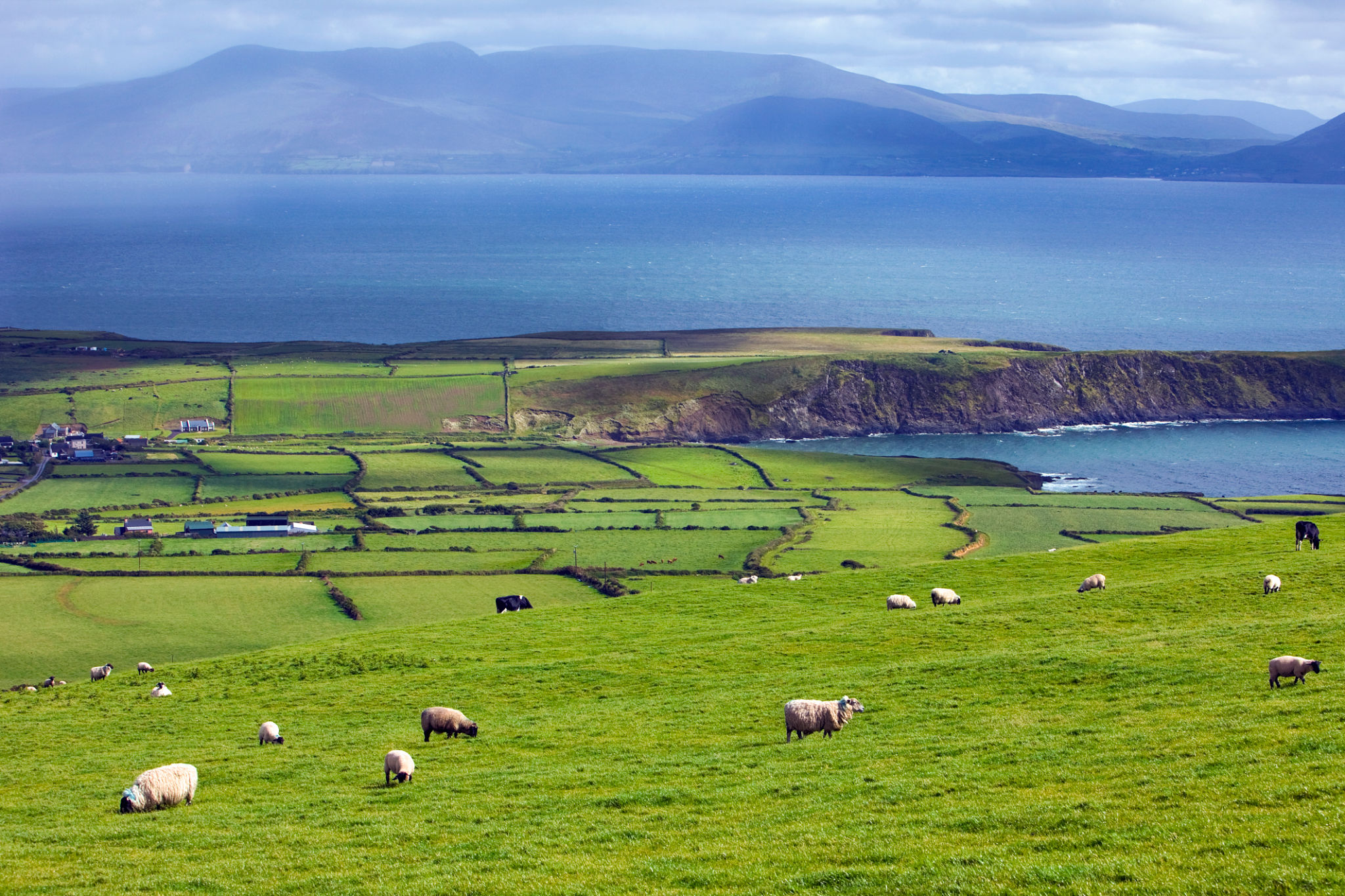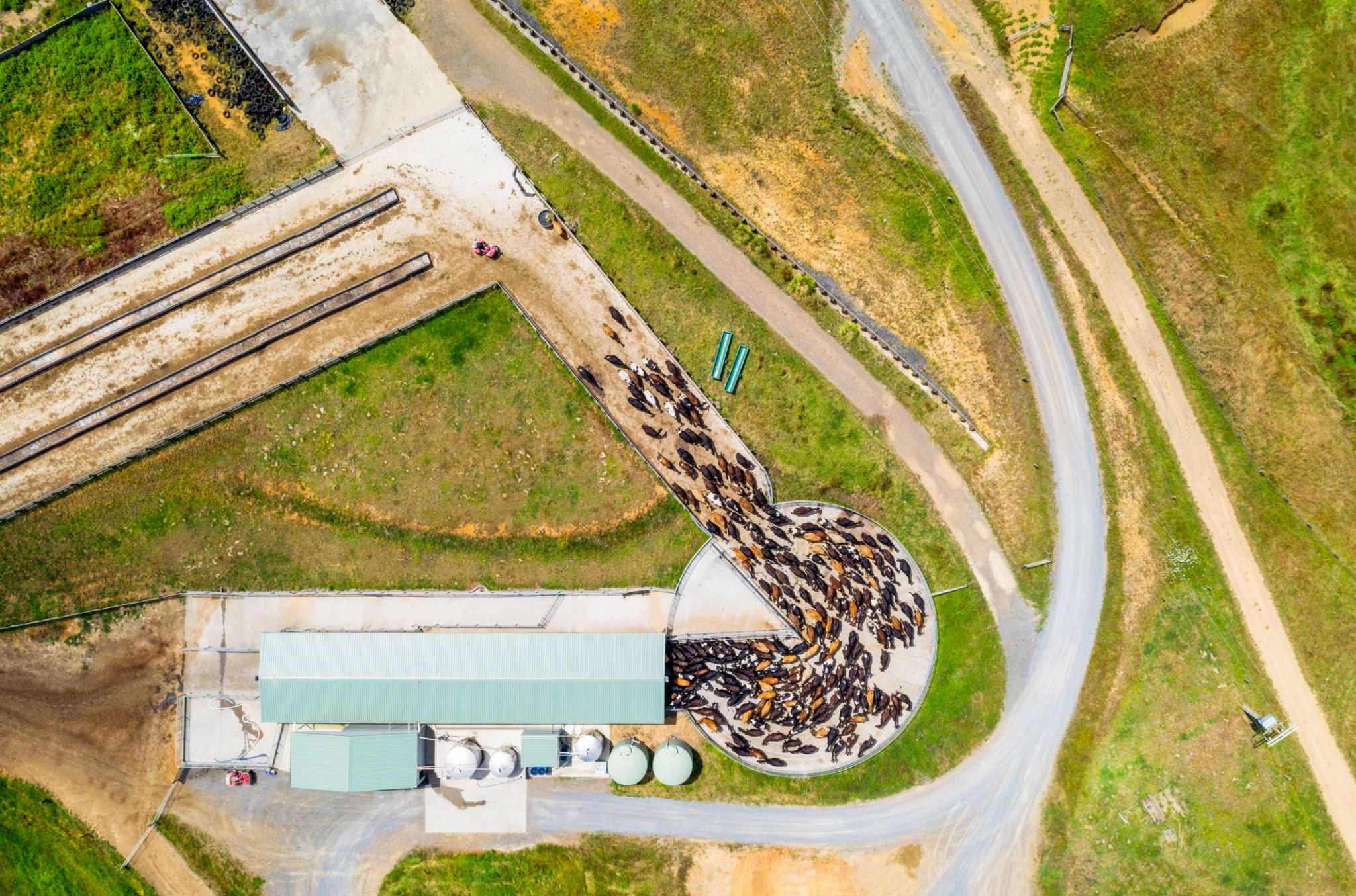Ireland and New Zealand Unite to Combat Agricultural Emissions
Introduction
Ireland and New Zealand have joined forces in a bold and inspiring effort to address one of the greatest challenges facing modern agriculture: reducing greenhouse gas (GHG) emissions while maintaining food production. Together, the two nations have launched a €5.2 million research initiative aimed at developing innovative technologies to cut agricultural emissions, signalling their commitment to a sustainable future.
This partnership not only reflects the shared values of two agricultural powerhouses but also underscores the urgent need for global collaboration in the fight against climate change.

A Shared Responsibility for a Global Problem
Agriculture is at the heart of both Ireland’s and New Zealand’s economies, cultures, and communities. In Ireland, agriculture accounts for over 37.5% of total greenhouse gas emissions, the highest proportion in the EU, due to its reliance on livestock farming. Similarly, in New Zealand, nearly 50% of total emissions come from agriculture, predominantly from methane produced by ruminant animals like cattle and sheep.
Methane, a potent greenhouse gas, has 80 times the warming potential of carbon dioxide over a 20-year period, making it a critical target for reduction. Nitrous oxide, another key contributor, originates largely from fertiliser use and manure management. Addressing these emissions is crucial not just for meeting national climate targets but also for ensuring the long-term viability of farming systems.
By pooling their resources and expertise, Ireland and New Zealand aim to tackle these challenges head-on. Their collaboration will fund cutting-edge research projects focused on practical, scalable solutions that benefit farmers, consumers, and the planet.

What This Initiative Means for Farmers
One of the most exciting aspects of this partnership is its focus on creating technologies that farmers can use in their everyday operations. These solutions aim to reduce emissions without compromising productivity or profitability. Potential areas of research include:
- Methane-reducing feed additives: Early trials have shown that feed additives can reduce methane emissions from livestock by up to 30%, providing a promising avenue for sustainable livestock farming.
- Precision agriculture tools: Technologies that allow for more accurate application of fertilisers and water can significantly reduce emissions while saving costs.
- Carbon sequestration in soils: Enhancing the ability of soils to capture and store carbon has the potential to offset a portion of agricultural emissions.
- Advanced breeding techniques: Genetic innovations could lead to livestock that naturally emit less methane, creating a long-term solution to livestock-related emissions.
The goal is to ensure that these technologies are not just effective but also affordable, easy to implement, and adaptable to the diverse farming systems in both countries.

A Model for International Collaboration
Ireland and New Zealand are uniquely positioned to lead this initiative. Both countries have world-class agricultural research institutions and a history of pioneering sustainable farming practices. For example:
- Teagasc, Ireland’s Agriculture and Food Development Authority, has been at the forefront of emissions reduction research, developing tools like the Marginal Abatement Cost Curve (MACC) to guide farmers in lowering emissions.
- New Zealand’s AgResearch has made significant strides in methane mitigation, including the development of a methane vaccine currently in testing phases.
This partnership allows these institutions to share insights, avoid duplication, and accelerate progress. It also sets an example for other nations: tackling climate change in agriculture requires collaboration across borders.

Climate Targets and Economic Opportunities
This initiative aligns with Ireland’s ambitious Climate Action Plan, which aims to reduce overall emissions by 51% by 2030 and achieve net-zero emissions by 2050. Similarly, New Zealand has committed to reducing biogenic methane emissions by 10% by 2030 and between 24% and 47% by 2050.
Beyond meeting climate targets, this initiative represents an opportunity to future-proof the agricultural sector. Consumers are increasingly demanding sustainable food products, and farmers who adopt low-emission practices will be better positioned to meet these expectations. Moreover, as technologies developed through this initiative become commercially available, they could create new economic opportunities for both nations in the form of intellectual property, exports, and jobs.

Why This Matters for All of Us
The effects of climate change—rising temperatures, extreme weather events, shifting rainfall patterns, and biodiversity loss—are already being felt worldwide, disrupting ecosystems, livelihoods, and food systems. Agriculture stands at the nexus of this crisis, both as a significant contributor to greenhouse gas emissions and as one of the sectors most vulnerable to climate change. Farmers are on the front lines, grappling with unpredictable weather, increased pest pressures, and soil degradation, all of which threaten productivity and livelihoods.
By investing in solutions today, Ireland and New Zealand are not only equipping their own agricultural sectors to adapt to these challenges but also laying the groundwork for more resilient global food systems. Through their joint commitment to research and innovation, they are addressing the urgent need for sustainable farming practices that balance productivity with environmental stewardship, contributing to both local adaptation and global food security.
This initiative serves as a powerful reminder that the challenges we face are interconnected and cannot be solved in isolation. The climate crisis transcends borders and sectors, demanding collaborative solutions that leverage shared knowledge and resources. By working together, we can develop and implement strategies that create a sustainable, equitable future for agriculture and beyond.

Conclusion
As a company dedicated to sustainability and agricultural consultancy, we see this partnership as a pivotal step towards a greener future. It’s proof that change is possible when nations, industries, and communities come together with a common goal.
We encourage farmers, policymakers, and researchers to stay informed about the progress of this initiative and consider how they can contribute to its success. Whether it’s adopting new technologies, sharing insights, or advocating for sustainable practices, everyone has a role to play. Ireland and New Zealand’s €5.2 million partnership is more than just a funding initiative—it’s a symbol of hope, determination, and the power of collaboration. Together, we can build a world where agriculture thrives in harmony with the environment.
At The Informed Farmer, we are here to help you navigate the transition to sustainable agriculture. If you’re interested in learning more about these innovations or how you can reduce your farm’s carbon footprint, don’t hesitate to reach out. Let’s create a sustainable future—together.
*By Anne Hayden MSc., Founder, The Informed Farmer Consultancy.
